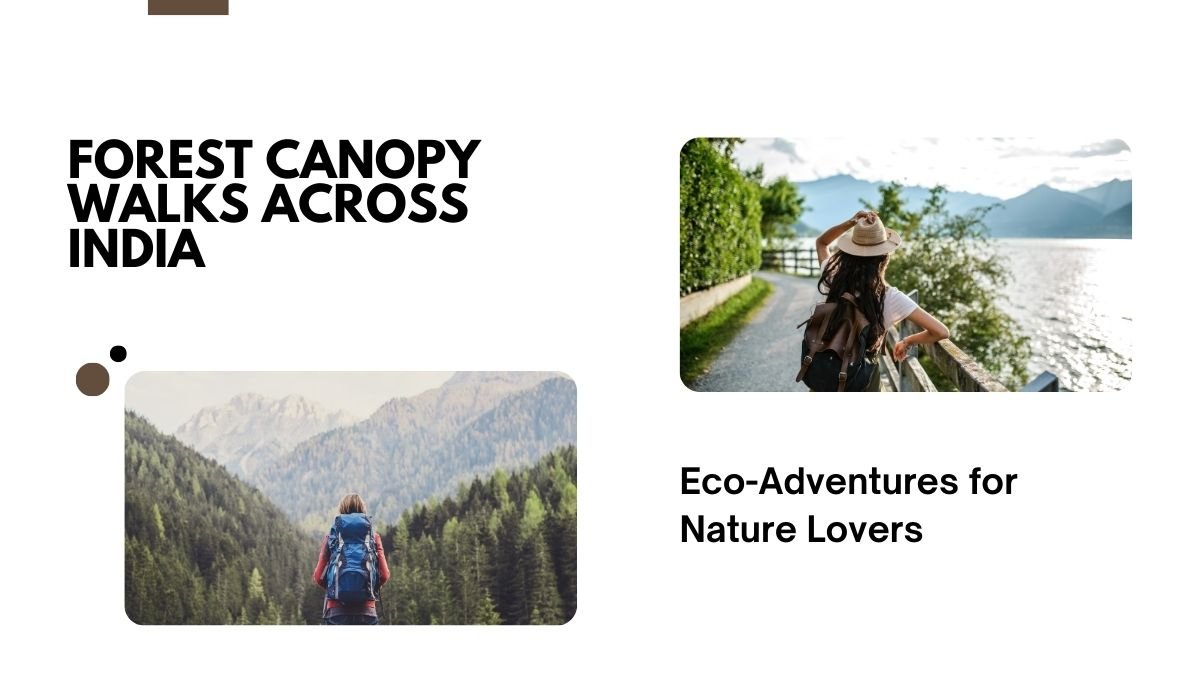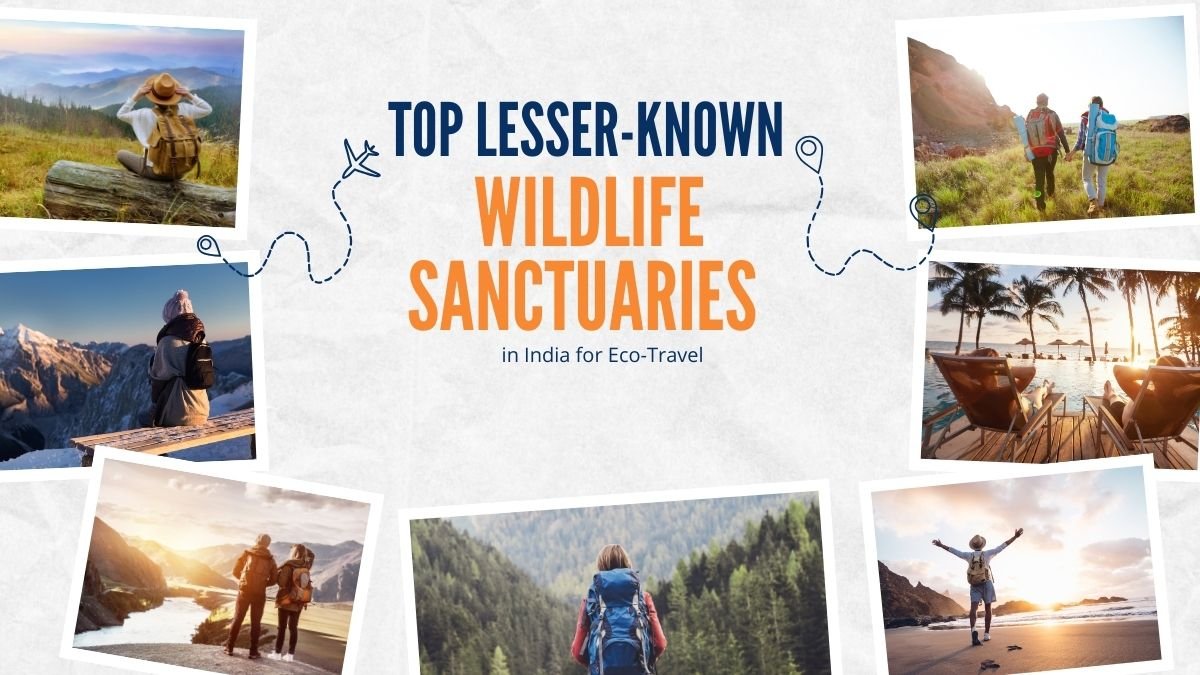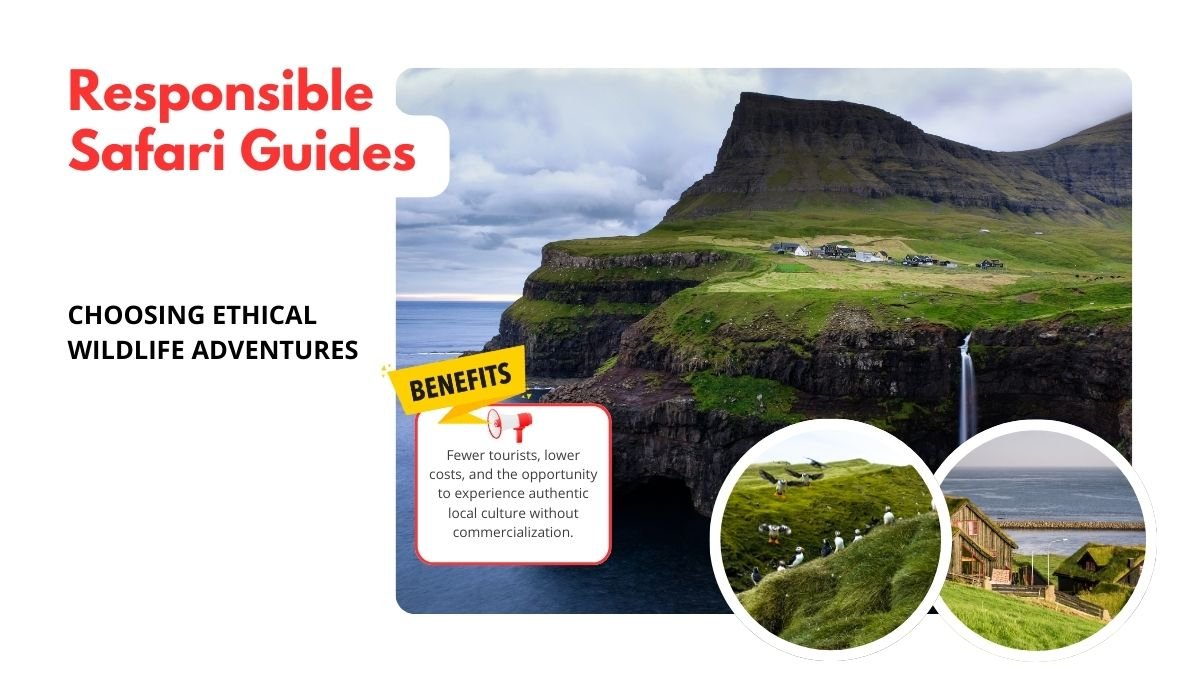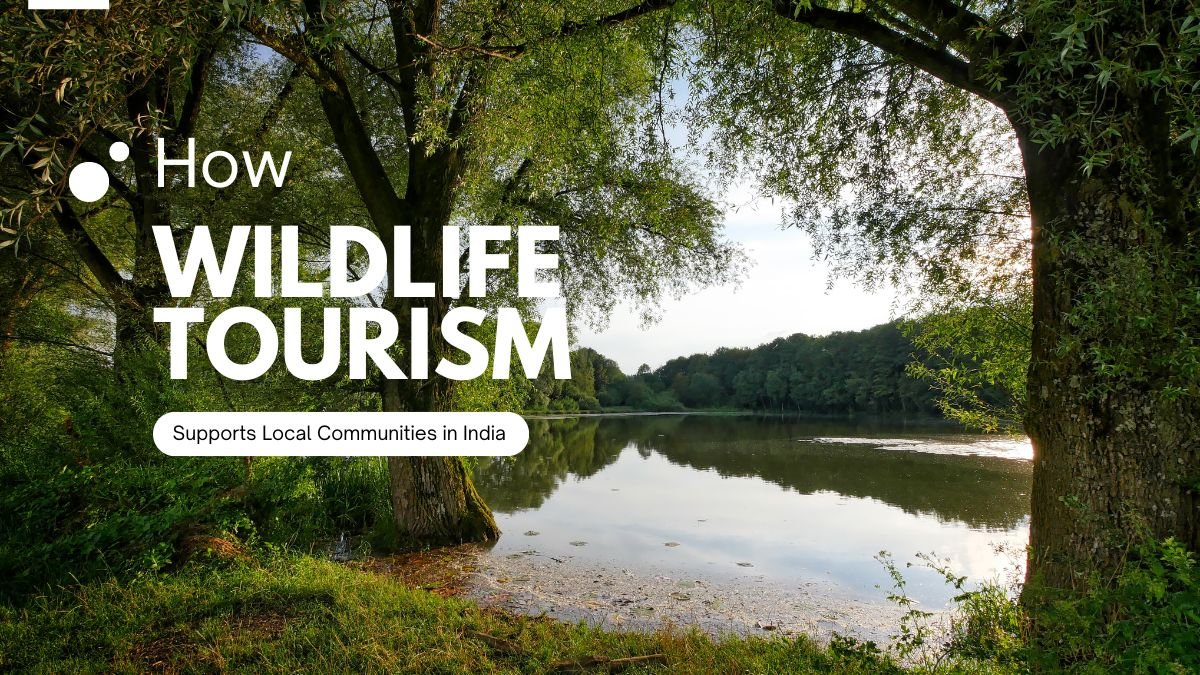Do you ever wonder what footprints we leave while trekking in the mountains and forests? The trekking gets some fantastic views, clean air, and thrills, but in most cases, hikers leave behind plastic bottles, food packets, disposables, etc. It is for this reason that the zero-footprint trek is gaining emphasis-those trips wherein we enjoy nature but harm it in none.
India is blessed with innumerable trekking trails-snowy peaks of the Himalayas to verdant forests in the Western Ghats. To save these trekking trails, traveling responsibly is extremely important. Zero-footprint trekking is about using as many sustainable products as possible while trekking, carrying back waste with us, sustaining the local community, and leaving nature as we found it.
Let us understand this further.
Pre-trek preparation
Selecting the right trek and operator
Research is very important before trekking. Try to choose tour operators or guides who promote Sustainable Tourism. Some operators will not give you a plastic bottle but will have refill stations instead. In some areas, local residents serve as guides, thus providing them employment and giving you a chance to get familiar with the real culture of that area.
Smart Packing
Normally we pack all sorts of things-chips, plastic boxes, disposable plates, and spoons-all of which contribute to tons of garbage during the trek. Use reusable containers or cloth bags. Pack home-made food in small containers or steel boxes. For example, if you want to carry some biscuits, do not carry the entire pack; simply fill a small box with the desired amount.
Eco-friendly gear
These days, there are numerous products which are long-lasting and leave minimal impact on the environment-steel bottles, metal straws, cloth napkins, sturdy tiffin boxes, and so on. Disposable products should be avoided because they are useful only once and afterward turn into a waste product.
Biodegradable toiletries
While in the trek, people often go swimming by the river or waterfall and use shampoo or soap there. Ordinary soaps and shampoos include chemicals that spoil the water and kill fish. So always pack biodegradable soap and shampoo, as these can break down in the soil rather quickly and do not pollute the environment.
What to remember while trekking
Carry in, carry out
The first rule of trekking-Remember to carry back whatever you brought, which emphatically implies that no piece of trash should be left-there should be nothing left behind-wrappers, paper tissues, or bottles, etc. A little ‘trash bag’ in one’s bag could get all the rubbish collected till the end of the trek.
Only walk on trails
Sometimes, for fun, people wander miles into the forest or frolick on grasslands. Such an act destroys any delicate vegetation there. Each such trampling makes it very difficult, if not impossible, for such plants to re-establish themselves. Walk on a formed path at all times.
Respect Wildlife
On your trek, keep an eye out for deer, monkey, birds, and maybe a lot of other creatures from the forests or mountains. Do remember, this is their home. (Feeding them or getting too close to them would ultimately become dangerous). Like if you feed chips to monkeys, they eventually develop a dependence on human food neglecting to eat the real food in the forest, which adversely affects their health.
Save water
Water is one of those keenly treasured resources of the mountain and forest. Try to be very careful with it. Please do not wash pots and pans in the river or waterfall, as it becomes really dirty. In case you have to, draw the water in a vessel and carry it away to a distance.
Use resources intelligently
Torch or lantern becomes a necessity for providing light while trekking. Use solar or rechargeable ones instead of disposable. They last longer and reduce waste.
Don’t light fires
A lot of people create campfires by burning wood. That, however, is harmful to the forests. One lapse in caution can start a forest fire. The trees burning would in turn affect the local vegetation. The best alternative is to wear warm clothing or use a sleeping bag.
Avoid noise
Trekking is fun only when you listen to the sounds of nature-the chirping of birds, the gurgling of the river, and the rustling of the wind. However, loud music, shouting, or flying drones would frighten the animals and disturb the environment for the other trekkers.
Dispose of waste responsibly after the trek is over
Once you have descended, take all rubbish collected with you, and dispose of it properly. If you find no bins, take it with you till you reach town and dump it there. Just remember, a few grams of plastic wrapper will take centuries to disappear.
Inspire others
Share your zero-footprint trekking experience. Tell your friends how you avoided plastic, saved water, and brought back trash. Put your pictures on social media to encourage responsible tourism.
Support the local communities
Through the local villages you walk past on your trek, connect with the local people. Eat their local meals. Going to their homes, staying with them, and buying handmade items. For example, while in Uttarakhand, these could include purchasing caps or woolen shawls. This ensures that their income increases, lifting their spirits to save forests and culture.
Importance of Zero-Footprint Trekking
Tourism increases every moment in India. Popular places like Himachal, Sikkim, Ladakh, Kerala … and Arunachal are visited by millions of tourists every year. If everybody begins to leave behind garbage, those beautiful spots will soon be filled with trash.
For example, for the last few years, quite a lot of plastic waste has been left by trekkers on many well-known routes, such as the Triund Trek (Himachal) and Roopkund (Uttarakhand). This not only degrades the beauty of the mountains but poses danger to animals and plants.
It is everyone’s duty to be a responsible traveller. To take in the wonder of nature means that one does so out of duty, some moral obligation in exchange.
Conclusion
Zero-footprint trekking does not imply you are unable to have fun. In fact, it will give you a very enriching experience. You walk through mountains and forests without causing any damage because you return with nothing but your memories and leave no trash behind; this is real peace.
So, when you step into your next trek, remind yourself:
- Bring it all back
- Leave no traces of nature
- Support local people
- And teach others to do the same.
Such small steps together may eventually make a big change, providing the future generation the opportunity to see the same beautiful mountains and forests that we enjoyed today.















